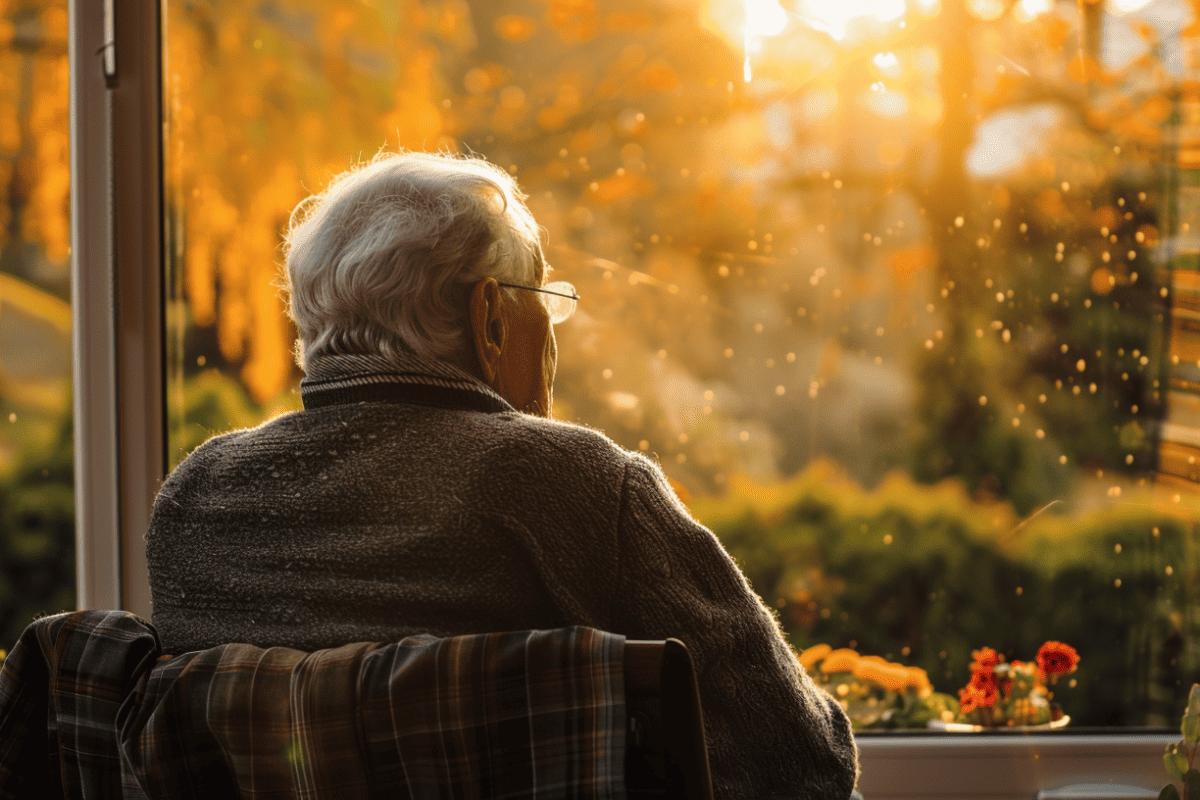We can all be guilty of taking things for granted. We rarely stop to consider our health and how it impacts every aspect of our life. This is the same for hearing health. Without this crucial sense, we lose the ability to listen to the world around us. We also find it difficult to converse with our loved ones and feel part of a world where so many stimuli are communicated through sound.
Although it may not be possible to prevent the slow loss of hearing due to age, it is entirely possible to avoid the damage caused by noise-induced hearing loss (NIHL). Exposure to loud and constant noise can have a hugely damaging impact on your hearing and auditory system. One in four adults between the age of 20 and 69 have NIHL. Understanding how to prevent hearing damage is of vital importance. So listen up! Here are some simple tips on how to reduce hearing damage.
Be Conscious at Work
When you spend 40+ hours a week at work, knowing the environment is safe is important. However, for many people, especially those that work in construction and manual jobs, the workplace dangers aren’t always visible, and some come in the form of dangerously loud noises.
Risk of hearing damage increases with sound intensity instead of volume. Anything above 85 dB could lead to hearing damage over time. If you believe that you are being exposed to dangerously loud noises, it is crucial to alert your Human Resources department or manager. Your employer is obliged to take action to reduce your exposure to dangerous noise levels by providing hearing protection or relocating you to a quieter environment, etc.
Pay Attention to Volume
We all love turning our favorite music up as loud as it will go and rocking out in our room, but listening to your music too loud can have damaging effects on your hearing. As well as turning down your music, there are other things you can do to enjoy your favorite playlists, while not causing long term harm to yourself:
- Invest in noise-canceling headphones – these reduce the ambient noise, meaning you don’t need to turn your volume up as high
- Don’t increase your volume above 60%
- Take breaks – it is a good idea not to listen to music for more than 1 hour continuously.
Protect Your Hearing at Events
Since the easing of lockdowns, many people are eager to enjoy their favorite pastimes, like live music and attending music festivals. There is nothing quite like the atmosphere at one of those events, but frequent exposure to these elevated noise levels can be damaging. Follow our advice the next time you attend an event:
- Take regular breaks
- Move away from speakers or sources of loud noise
- Wear earplugs to reduce the volume of noise.
Avoid Dangerously Loud Noises
It is important always to be mindful of loud noises around you and understand that they can damage your hearing. The following signs could signify that the sounds are too loud and you could damage your hearing:
- Your ears start ringing
- Your ears hurt
- You have to raise your voice to talk
- You cannot hear what people are saying.
As previously mentioned, sounds over 85 dB can lead to hearing damage. It is therefore essential to avoid continued contact with noises at this level or higher.
Take a Break
Taking a break from time to time is generally a good idea, and the same goes for loud noises. After attending any event where you are exposed to increased noise levels, it is a good idea to give your hearing a break and the chance to recover. Usually, this recovery period should be around 18 hours. Following this advice will mean you can still attend your favorite gigs and festivals while also looking after your hearing.
Get Your Hearing Tested
If you have any concerns about your hearing or the noise levels that you are subjected to regularly, it is important to arrange a hearing test with your local hearing specialist.
The earlier we can identify the signs of hearing loss, the quicker something can be done to treat it. It is impossible for your hearing to return once lost, but it is entirely possible to prevent or slow hearing loss with treatment.
It is also advisable to have regular hearing evaluations if you are at risk of noise-induced hearing loss. Just like you get a new prescription each year for your glasses, your hearing changes, and, therefore, the treatment might need to be adjusted or changed to account for it.
Digital Health Buzz!
Digital Health Buzz! aims to be the destination of choice when it comes to what’s happening in the digital health world. We are not about news and views, but informative articles and thoughts to apply in your business.


